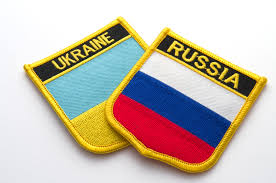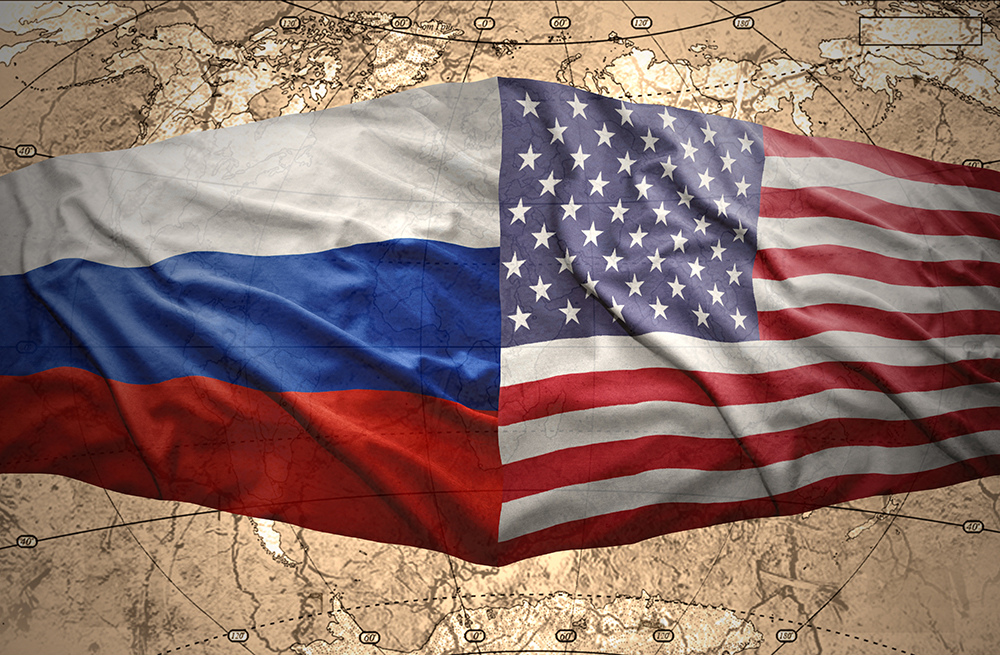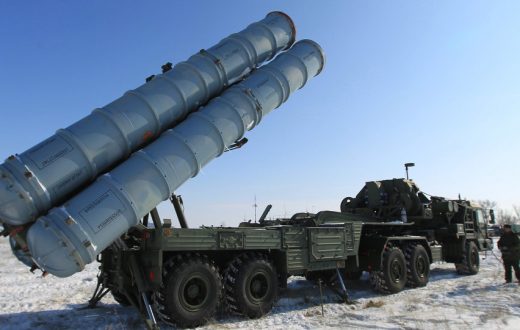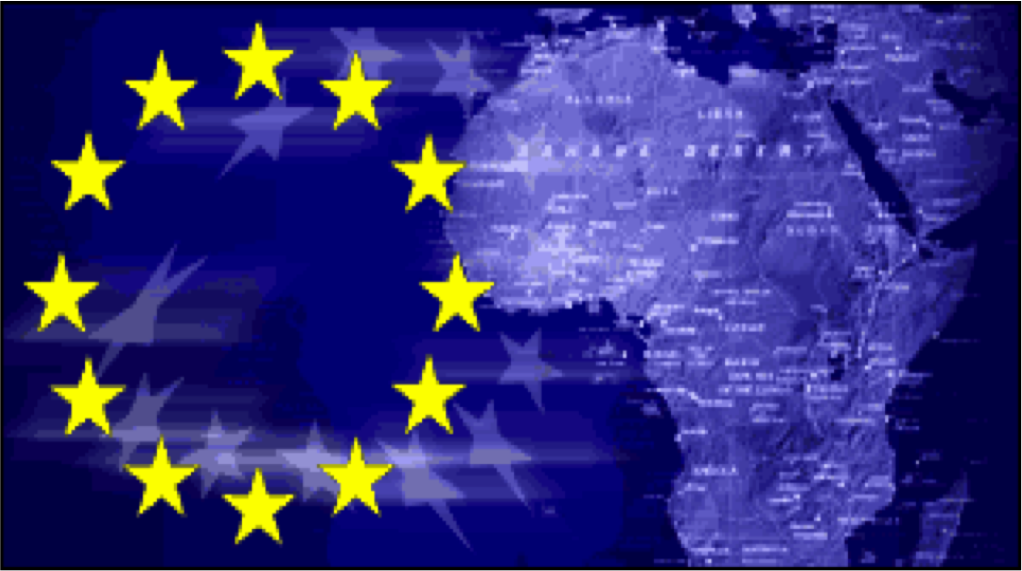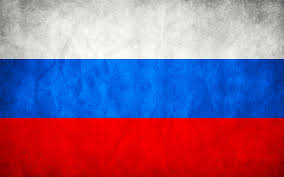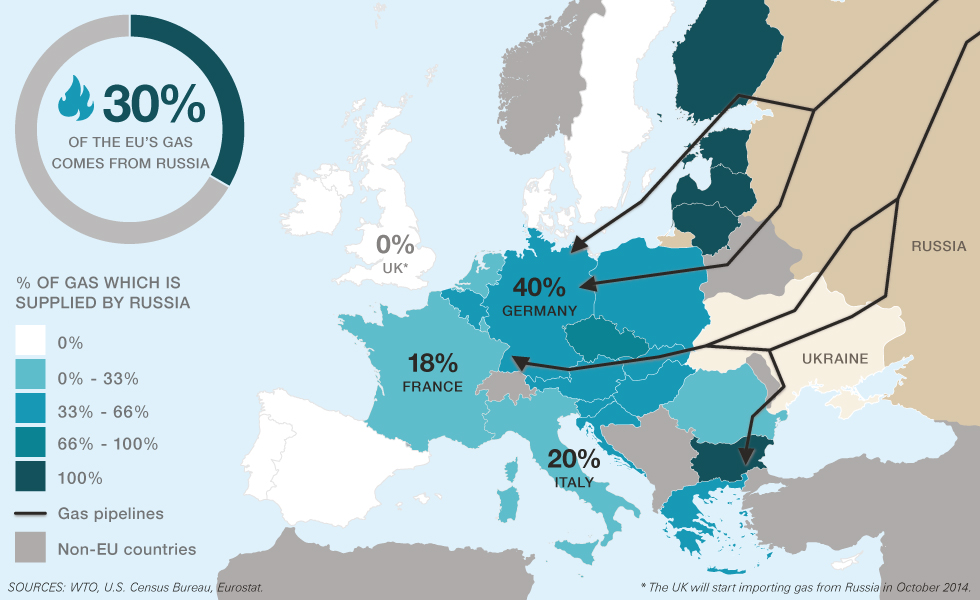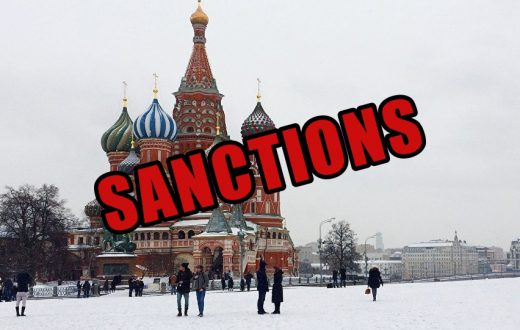The previous cease fire negotiated in Minsk in May 2015 is for now largely holding. No serious fightings have been reported since between the two countries. But things are about to change, with Russia awaiting EU decisions concerning the financial sanctions and Ukraine facing deep internal divisions , the cease fire could live its last days. Still Moscow has little to gain and a lot to loose in this conflict. The probability that Russia will give up in Ukraine is therefore getting higher and higher everyday.
In recent weeks, there have been signs of progress in negotiations between Moscow and Kiev over the long-standing conflict in Ukraine. First, local elections in the separatist territories of Donetsk and Luhansk have been postponed from April to July, possibly an effort by the Moscow-backed territories to allow more time for talks with Kiev and the West. Holding these elections without Kiev’s permission would set back the Minsk negotiations, if not derail them altogether.
Second, the April 29 agreement between Ukraine and the separatists that led to the cease-fire was implemented on May 1, the Orthodox Easter holiday, and is set to last at least until Victory Day on May 9. Before the cease-fire took effect, fighting along the line of contact had increased considerably, but violence has decreased dramatically since then. Though violations have occurred, mostly by Ukrainian forces, no casualties have been recorded on either side.
Russia’s Timing
For Moscow, these two moves complement other conciliatory gestures in the works. Earlier in April, Ukrainian President Petro Poroshenko and Russian President Vladimir Putin negotiated the return of Ukrainian military pilot Nadia Savchenko, whose imprisonment in Russia over the past two years has become a major political issue in Ukraine. Her imminent release — if approved — could become an important symbol of Moscow’s cooperation.
The timing of these developments is crucial; they come just a few months before the European Union will decide whether to maintain its sanctions regime against Russia because of the conflict in eastern Ukraine. The sanctions automatically expire on July 31 unless all 28 EU members vote beforehand (likely in late June or July) to maintain them. Russia has worked tirelessly to divide European consensus and persuade more sympathetic countries to break the bloc’s unanimity in past votes, though the Kremlin has yet to succeed on the Ukraine issue. Most EU countries, particularly Germany, as well as the United States have specified that Russia must more actively implement the military and security components of the Minsk protocols for sanctions to be lifted.
Of course, those components — including the removal of all foreign troops from Donbas and the return of the separatist territories’ border with Russia to Ukrainian control — are unlikely to be fully realized in the next few months. Still, Moscow may surmise that by significantly reducing the number of separatist cease-fire violations, it will convince some European leaders to reconsider the sanctions policy. Russia and many European countries have suffered because of the sanctions regime (and Moscow’s subsequent countersanctions against the European Union), causing certain EU countries such as Italy and Hungary to waver on an automatic extension of sanctions. Moscow likely views a sustained observance of the cease-fire over a period of two to three months, even without fully implementing the Minsk protocols, as sufficient to break EU unanimity on the matter.
Kiev’s Security Imperatives
But a compromise on sanctions is exactly what Kiev wants to prevent. The Ukrainian government has long indicated that all security and military components of the Minsk talks must be met prior to implementing its political components, namely granting greater autonomy to the Donbas territories and permission to hold local elections there. Many Ukrainians have similar expectations. The prospect of Kiev conceding on these emotionally and politically charged issues contributed to the ruling coalition’s recent loss of public support and eventual collapse, culminating in the April 10 resignation of Prime Minister Arseniy Yatsenyuk. The new government that formed on April 14 under Prime Minister Volodymyr Groysman must remain firm in negotiations with Russia while delivering on domestic reforms, which have stalled because of political infighting, if it hopes to avoid a similar fate.
The Europeans have pressured Ukraine to make greater progress on the Minsk talks, too. Accordingly, Ukrainian Deputy Foreign Minister Vadym Prystaiko has said Ukraine is ready to hold elections in various Donbas territories as early as this summer, though he has stipulated that security must first be restored. However, significant advances in negotiations with Moscow or an end to EU sanctions on Russia without achieving the concessions Kiev demands could prove dangerous for the new Groysman government. Consequently, Ukraine is only interested in maintaining a cease-fire if it leads to extensive security concessions by Russia. Yet Kiev is also constrained by the West’s urging to ease up on the political front so Moscow can be more cooperative on the military front.
The coming months will shape the direction negotiations take, revealing whether Russia will be able to manipulate the security situation in eastern Ukraine and get economic sanctions removed. Meanwhile, Moscow’s efficient use of the latest cease-fire agreement will continue to have important implications for how the political and security situation in Ukraine plays out.

